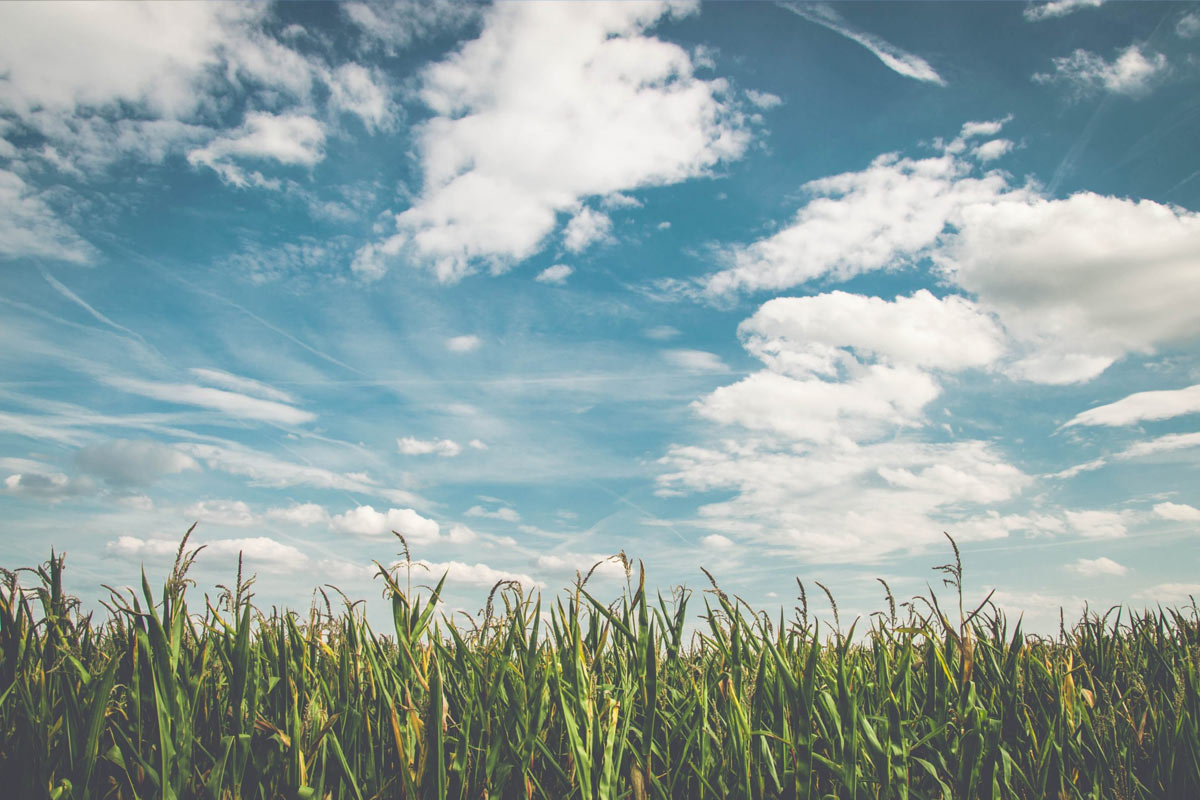
Greener gardens: how to reduce exposure to air pollution
Air pollution is undeniably becoming a growing issue for communities around the world. For example, the Guardian reported earlier this year that London had hit the legal limit of air pollution for the whole of the year in less than a month. According to the same report, around 40,000 deaths are caused every year by the staggering levels of air pollution in urban areas in the UK.
But what can you do to protect yourself and help out your area?
The benefits of Gerbera Daisies
A recent study by NASA has provided a few colourful blooms for gardeners keen to clean the air. Gerbera daisies are bonny, beautiful blooms that come in many different colours; white, orange, red, pink — whichever you pick, they’ll give your garden a splash of colour. These flowers love direct sunlight and a bit of space, so make sure not to leave them in a shady corner of your garden.
On top of this, NASA also found that these flowers can help with common air toxins like benzene.
The benefits of English Ivy
You probably recognise this as a plant that grows against the side of houses. Though it has a bad reputation in the States as being a weed, it can be a lovely addition to your garden if tended to. The plant offers benefits for wildlife and for the air – Goldsmiths, University of London, states that the wide leaves of the common ivy traps particulates, which makes it a great choice for purifying the air.
The benefits of the Wallflower
Wallflowers are perfect for adding colour to your garden. Goldsmiths also names this plant as being akin to the common ivy for its particulate-cleansing power. These flowers have a bright display of petals during the first half of the year. You can grow wallflowers in many colours, with purple and yellow popular choices.
The benefits of Conifers
Although you may view this as a garden standard, hedges actually can help combat air pollution! Specifically, the western red cedar hedge is named as an idea conifer to plant in your garden. But if your garden is a little smaller, the publication also names the yew as a great alternative, citing its evergreen nature and easy trimming.
Practices
There’s much more you can do to ensure a greener garden space. You have to consider how you are tending to your garden as well. SmilingGardener offers five great ways to reduce pollution in ways beyond planting shrubs and flowers:
-
Start composting. You can turn many waste products into compost to stop it going to the landfill.
-
Avoid corn gluten meal. SmilingGardener notes this meal is made up from genetically modified corn, so best to stay away from using it, if possible.
-
Quiet equipment. This one’s more for noise pollution, but it’s certainly an added bonus for the pollution-conscious gardener to take note of!
-
Stay away from using pesticides. This one is probably a given, but if you can avoid using chemicals on your garden, please do.
-
Consider indoors as well as outdoors. As well as planting outdoor plants to combat air toxicity, consider bringing in some houseplants to cleanse the air in your home.
This article was brought to you by Compost Direct, garden bark suppliers.
Sources:
https://www.smilinggardener.com/introduction/5-unique-ways-to-decrease-pollution/
https://www.gold.ac.uk/news/phyto-sensor/
https://www.homesandproperty.co.uk/home-garden/gardening/clean-air-save-your-home-from-harmful-pollution-with-clever-garden-hedge-choices-a114961.html
https://www.greenpeace.org.uk/reduce-your-exposure-to-air-pollution/
http://www.itv.com/news/london/2016-10-12/how-london-is-embracing-the-vertical-garden-or-living-wall/
https://www.telegraph.co.uk/gardening/howtogrow/11035106/Green-walls-how-to-grow-a-garden-vertically.html
https://www.theguardian.com/uk-news/2018/jan/30/london-reaches-legal-air-pollution-limit-just-one-month-into-the-new-year
https://www.gardeningknowhow.com/ornamental/flowers/gerbera-daisy/growing-gerbera-daisies.htm
https://en.wikipedia.org/wiki/Hedera_helix
http://www.bbc.co.uk/gardening/plants/plant_finder/plant_pages/11278.shtml
http://www.bbc.co.uk/gardening/plants/plant_finder/plant_pages/25.shtml

